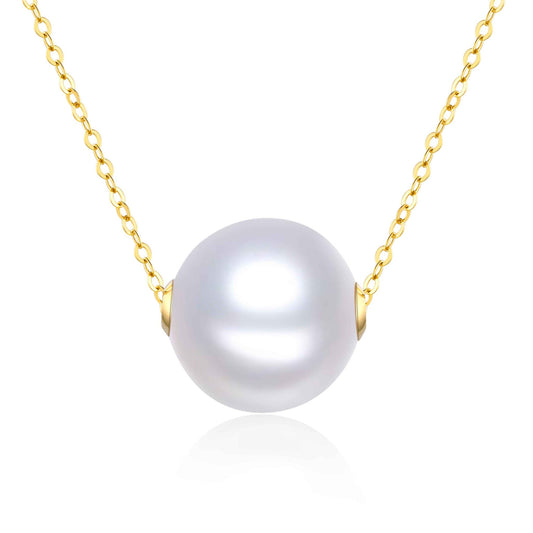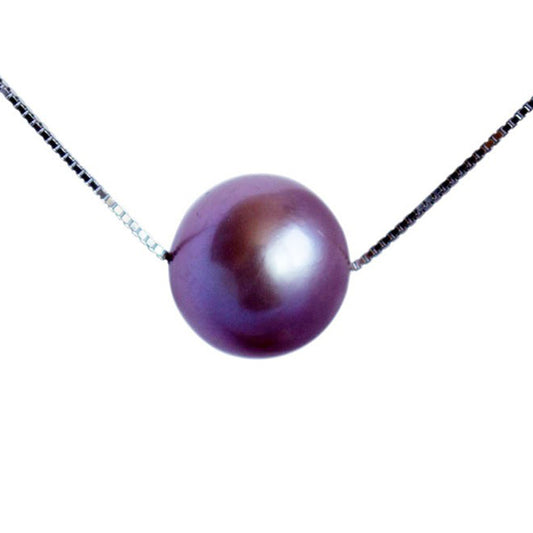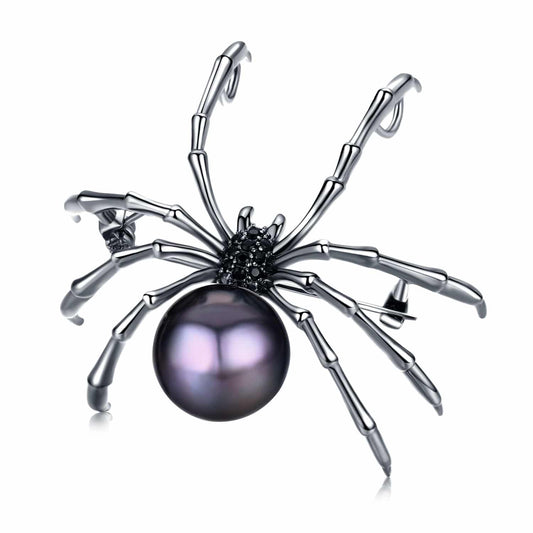She made history as a political diplomat on the world stage
With hard work and education, she would rise to be a powerful political diplomat who helped to better the world. Just as pearls are formed to perfection from grit inside an oyster, her life shows us another inspiring example of how striving for achievement can lead to the accomplishment of great things. This is another installment of the Living like a Pearl series. Find the other stories here.
__________
“I was taught to strive not because there were any guarantees of success but because the act of striving is in itself the only way to keep faith with life.” – Madeleine Albright
She would become the first female U.S. Secretary of State and the highest-ranking woman in the history of the U.S. government at the time of her appointment.
Marie Jana Korbelová was born on May 15, 1937 in Prague, Czechoslovakia. Her father, the renowned political scientist Josef Korbel, served as a diplomat in the government of Czechoslovakia, and would be a strong influence on her development into a political figure governing international relations.
Her earliest years exposed her to the perils of WWII, leaving a strong impression on her that would no doubt impact her role in politics later in life. Her parent’s Judaism forced the family to flee to England after the Nazi invasion in 1939, and in 1941 they converted to Catholicism to avoid anti-Jewish persecution. They endured the Blitz and kept a large metal table in the house to shelter the family from German air raids. Young Marie Jana was among the children shown in a documentary film made to promote sympathy for war refugees in London.
Returning to Prague after the war, she was taught privately by a governess and then sent to a finishing school in Switzerland, where she learned to speak French and changed her name from "Marie Jana" to "Madeleine".
Madeleine's family emigrated to the United States in November 1948, where her father was granted political asylum and a position to teach international politics at the University of Denver. Spending her teen years in Denver, Madeleine became a U.S. citizen in 1957.
In 1959, Madeleine graduated from Wellesley College in Massachusetts on a full scholarship, majoring in Political Science. While an intern for The Denver Post, she met Joseph Medill Patterson Albright, whom she married, and in 1960 she gave birth to twin daughters. They were born six weeks premature, and during their long hospital stay, she studied Russian to pass the time.
Being a busy mother didn’t stop Madeleine from her studies in International Relations and Russian. After the birth of their third daughter in 1967, she continued attending Columbia University's Department of Public Law and Government and earned a certificate in Russian, an M.A. and a PhD in Public Law and Government in 1976.
Her hard work would pay off and a career in Washington, D.C. soon followed, where she served as a major Democratic Party foreign policy advisor. When Bill Clinton won the presidency in 1992, Madeleine was hired to handle the transition to a new administration at the National Security Council.
After his inauguration in January 1993, President Clinton nominated Madeleine to be U.S. Ambassador to the United Nations, her first diplomatic posting. The genocide in Rwanda was one of the most difficult issues during her tenure. In her 2003 autobiography, ‘Madam Secretary: A Memoir’ she wrote, “My deepest regret from my years in public service is the failure of the United States and the international community to act sooner to halt these crimes."
Madeleine spent eight years in the Clinton administration, first as U.S Ambassador to the United Nations, and then as head of the State Department. She considerably influenced American foreign policy in Bosnia and Herzegovina and the Middle East. Some of her accomplishments included the successful military intervention during the 1999 humanitarian crisis in Kosovo, supporting the expansion of free-market democratization, and the creation of civil societies in the developing world.
Inducted into the National Women's Hall of Fame in 1998, she holds multiple honorary degrees and is a living legacy at 84 of a life of hard work, achievement, and service to the world.




